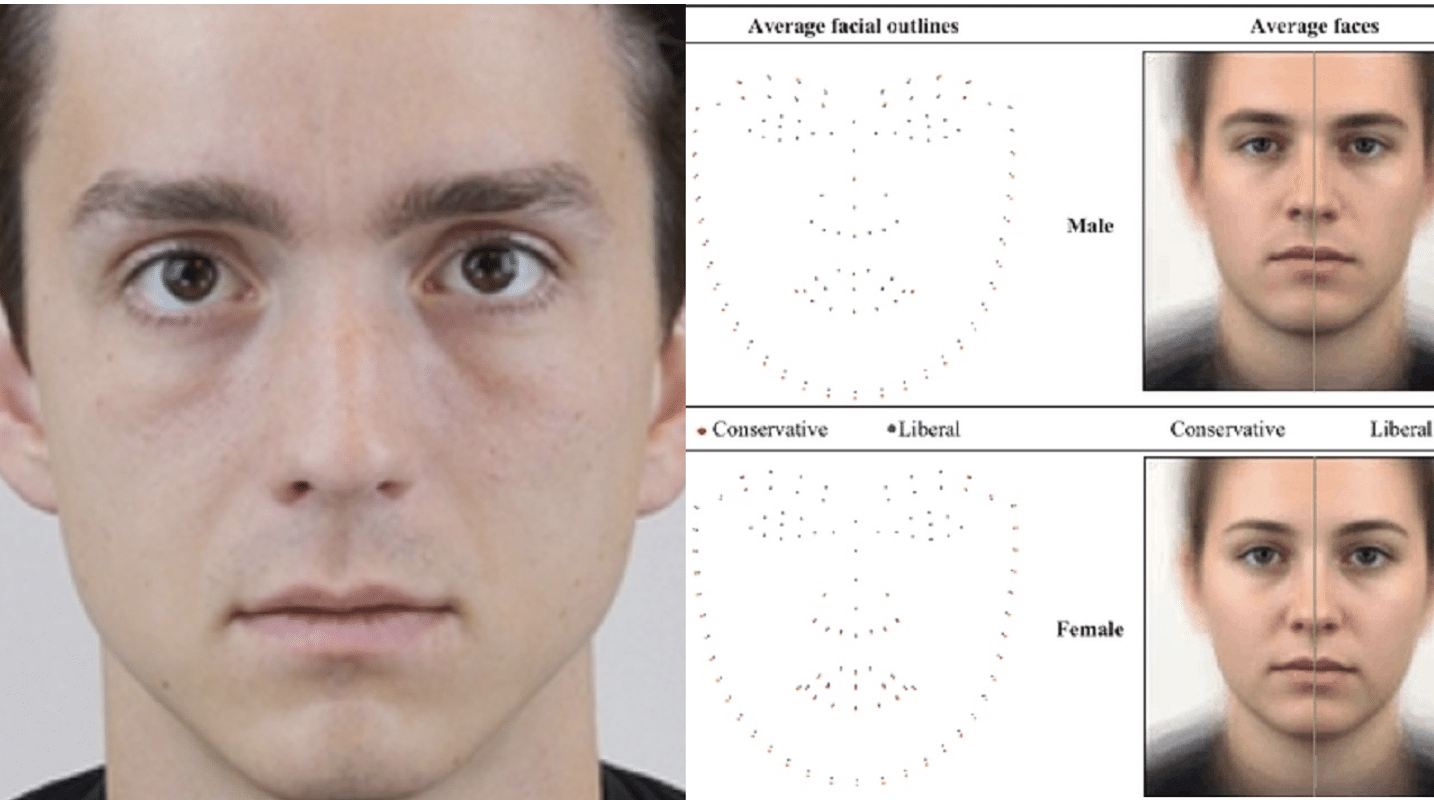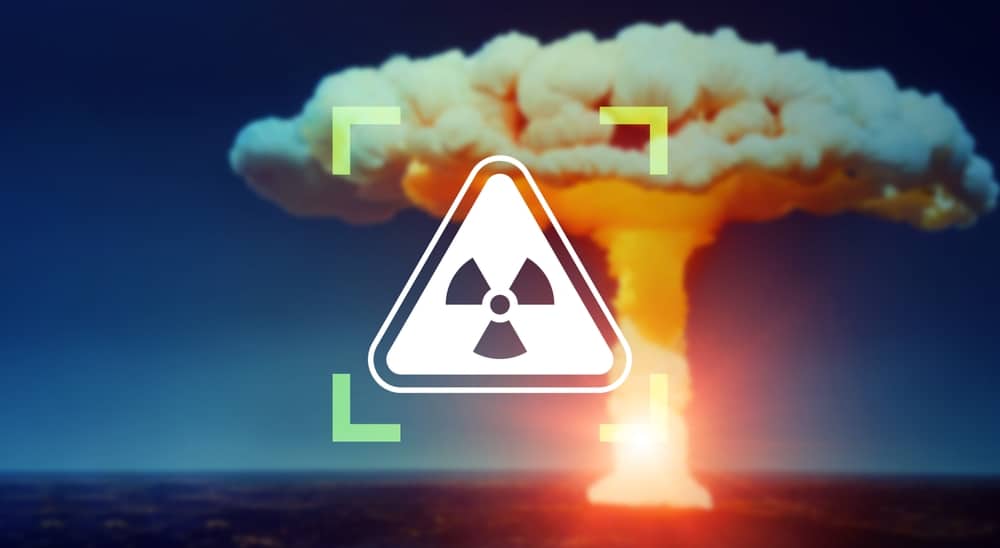The New Jersey Department of Education is imposing sex education standards that require school districts to teach middle school students about anal sex and pregnancy options like abortion or face potential “disciplinary action.”
The state board of education approved several changes to the statewide education standards in June 2020, which school districts are required to implement this month under threat of losing state funding.
The new standards expect students by the end of grade eight to be able to “describe pregnancy testing, the signs of pregnancy, and pregnancy options, including parenting, abortion, and adoption” and be able to define “vaginal, oral, and anal sex.”
The state’s education standards also state that children by eighth grade should be able to “differentiate between gender identity, gender expression, and sexual orientation,” and schools should “develop a plan … to promote dignity and respect for people of all genders, gender identities, gender expressions, and sexual orientations in the school
community.”
The Christian Post contacted the New Jersey Department of Education for comment on the sex education standards. A response was not received by press time.
Melissa Varley, superintendent of the Berkeley Heights Public Schools, told Fox News that while parents can have their children opt out, the sex education requirements still have to be taught in her school district.
“If we do not, we do not pass New Jersey Quality Single Accountability Continuum (NJQSAC) monitoring. If the district fails this process, we may become ineligible for state and even federal funding,” Varley explained.
A spokesperson for the New Jersey Department of Education told Fox News that the learning standards are “mandatory for Local Education Agencies (LEAs) to implement and failure to comply can result in disciplinary action.”
“Under [New Jersey Statutes Annotated] 18A:35-4.7, for children to be excused from any part of instruction in health, family life, or sex education, their parent or guardian must inform the school principal in writing that the instruction conflicts with their conscience or sincerely held moral or religious beliefs,” the spokesperson said.
The NJQSAC system the state uses to monitor school systems evaluates based on five “core components” that research has identified as “key factors in effective district operations,” the spokesperson added.
“Specific indicators in each of the five areas are self-evaluated by the district and verified by the Department,” the spokesperson said. “If a district scores below 80% in any of the NJQSAC areas, the district is required to create a district improvement plan to address the indicators found to be out of compliance. An assessment is made of the district’s capacity and effectiveness based on its compliance with the indicators.”
“Following the assessment, the district is placed on a performance continuum that will determine the level of oversight, and technical assistance and support it receives in accordance with NJSA 18A: 7A-10,” the spokesperson continued. “Dependent upon the percentage of quality performance indicators a district satisfies upon review of the improvement plan, the Department may determine whether additional monitoring or intervention is warranted, pursuant to NJSA 18A:7A-14.” READ MORE

















